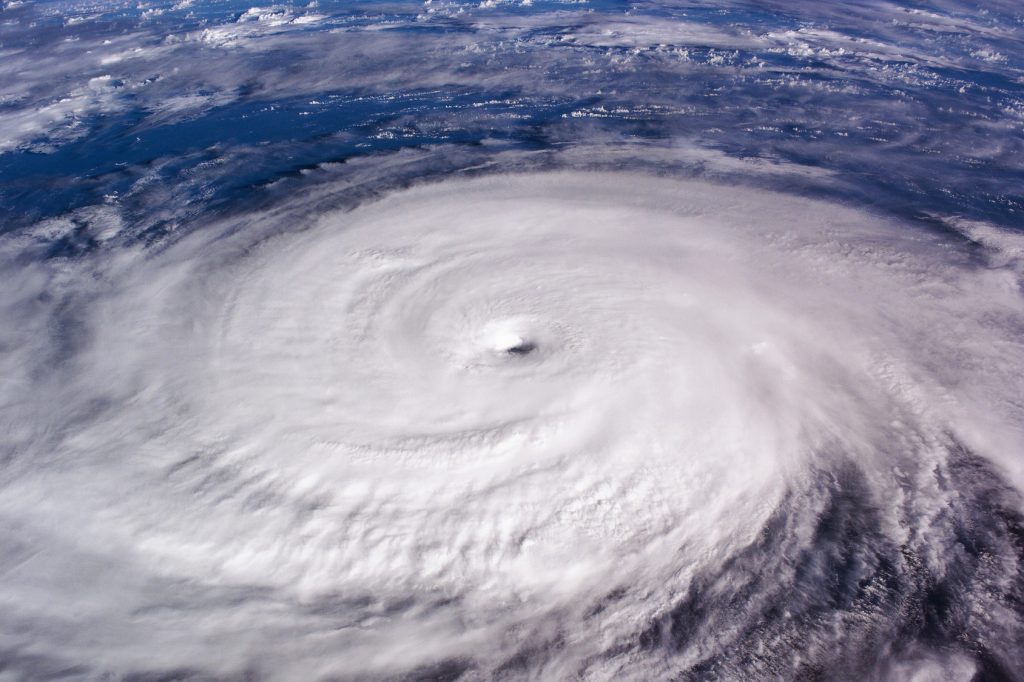
How Nurses Can Help after a Hurricane
Last week, the whole east coast of the United States closely monitored the path of Hurricane Florence, before she settled over the Carolinas and dropped monumental amounts of rain, displacing, trapping, injuring, and, sadly, claiming the lives of the people in her path. As a nurse, you may have sat there, watching with wide eyes as people were pulled from the floodwaters on the news, and felt just a little bit helpless, itching to be on the “front lines.” After all, it is in your nature to help people. You wouldn’t be a nurse, otherwise.
There are ways for you to help, if you want to.
While in most cases, it may be too late to volunteer in the face of this particular natural disaster, as a medical professional with invaluable skills and expertise, your help will be needed in the future. There are multiple organizations you can register with to volunteer to support medical preparedness and response for future public health emergencies or disasters.
Emergency System for Advanced Registration of Volunteer Health Professionals
The Emergency System for Advanced Registration of Volunteer Health Professionals (ESAR-VHP) is a federal program that was created to support states in establishing volunteer programs for disasters and public health and medical emergencies. By registering with ESAR-VHP, your credentials and qualifications will be verified in advance, so you will be cleared to serve at a moment’s notice, wherever the next catastrophe strikes. Registration is free, and by registering, you are by no means obligated to help in any disaster—it solely gives you the ability to do so quickly, if you so choose. For more information or to register, please visit https://www.phe.gov/esarvhp/Pages/about.aspx.
The American Red Cross
In the event of a domestic or international disaster, the American Red Cross is quick to the scene, providing health and mental health support, as well as food and shelter, to those affected. On average, they respond to 64,000 disasters per year, and 90% of their humanitarian efforts are done by volunteers, including 15,000 nurses and nursing students. Licensed RNs, LPNs, LVNs, PAs, NPs, and APRNs are all in demand and are encouraged to volunteer. To learn more about the relief efforts of the American Red Cross, as well as their eligibility requirements, please visit https://www.redcross.org/volunteer/become-a-volunteer.html.
Medical Reserve Corps
The Medical Reserve Corps (MRC) is comprised of volunteer medical and public health professionals, such as physicians, nurses, physician assistants, pharmacists, and more, who assist with emergency medical response and public health initiatives. The MRC was formed after the 9/11 terrorist attacks, when it became clear that medical professionals had no organized way to volunteer for emergency relief efforts and many were turned away, as a result. The MRC now exists due to the willingness of volunteer medical and public health professionals to serve their communities in times of need. To learn more and sign up to volunteer, please visit: https://mrc.hhs.gov/HomePage.
No matter which organization you choose to volunteer with, be it listed above or another, be sure to do your research to ensure sure you will be partnering with an organization that is a good fit for you. The American College of Emergency Physicians has compiled a list of questions all health professionals should ask and/or consider when joining a disaster relief agency, which can be viewed here.
Disclaimer: The viewpoint expressed in this article is the opinion of the author and is not necessarily the viewpoint of the owners or employees at Healthcare Staffing Innovations, LLC.
